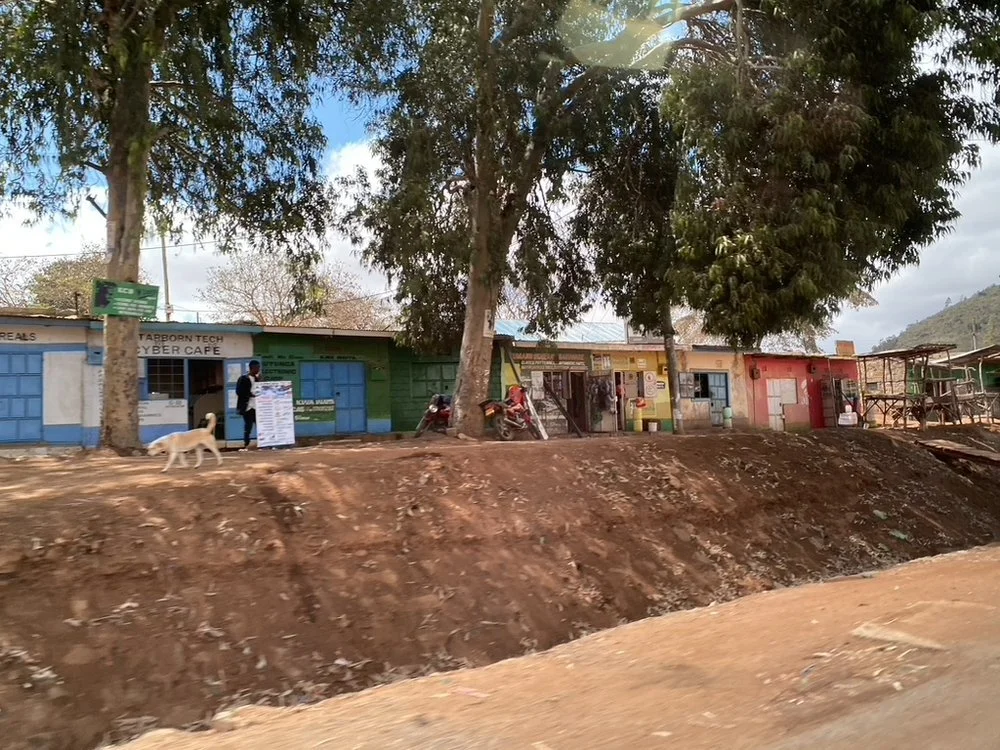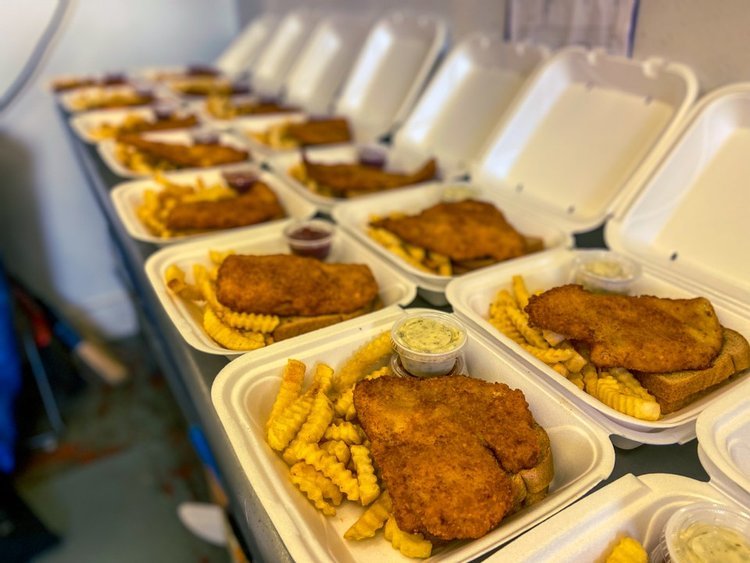THE PATH...
About a month ago Shawn and I had the opportunity to go to Kenya to visit some friends. We felt prompted to go and visit but weren’t sure the full extent of the reason for our trip. We had been to Kenya multiple times before and made arrangements with various friends in and around Nairobi to come visit. This time instead of staying downtown Nairobi we stayed at a small hotel in the Karen neighborhood. The neighborhood is more residential and used to be the ranching estate of Karen Blixen in the early 1900s. It has quiet tree lined streets far from the hustle of the downtown Nairobi high-rises and slums. When we pulled into the gate of the hotel, we could feel peace wash over us. Shawn commented that he felt like the just walked through the wardrobe into Narnia as we walked through the lobby and out to the pool centered courtyard to have lunch. Over the next 10 days we made the hotel our base of operations, getting to know the staff and hosting meetings and visits with our friends.
The first few days of the trip we recovered from jet lag and rested. Then our friend Susan who had traveled with us from the US arranged for us to meet some of her friends that had been working in a lower income neighborhood of Nairobi for 20 years. Eston and Sarah are from villages outside of Nairobi. They moved to Nairobi when they were in their 20s both with good jobs and set out building a family. Not much later they felt a call on their life to quit their jobs and start a church in the Gachie neighborhood of Nairobi, a slum like suburb on the outskirts of Nairobi. We met Eston and Sarah at their now church building in Gachie to hear their story. They gave us a rough overview of the last 20 years, the early times of meeting in an alley and sharing meals with their neighbors to years of stop and start around constructing the building they are in now, to the pandemic closures to their heart for the neighborhood leading them to start businesses to help their neighbors get jobs. Shawn and I were both impressed that a pastor and his wife were willing to branch out and try to start businesses to help their people. Most of the time when we meet pastors, especially in Africa, their view of the church building is so sacred, that it can’t be used for anything other than worship one morning a week even when their people are going hungry all around them and so much more could be made of the building itself.
Main shopping street in suburb village outside Nairobi
After touring the building and chatting with Eston and Sarah we all headed over to a unique restaurant for lunch. The Utali Hotel is actually a hospitality university in Nairobi. The hospitality industry in one of the main avenues for young Kenyans to get a career that will lift them out of poverty. While we were at lunch, we were able to meet the head chef instructor of the culinary program at Utali. They offer a 2-year program where graduates will leave with enough kitchen skills to work in a restaurant kitchen. They only take 35 students in each class and turn down hundreds of other applicants because of space. Culinary is not the only program at Utali, they offer hotel management, general hospitality restaurant management etc. The facility itself is a working hotel, restaurant, and pool, but as it’s owned and operated by the government there has not been a lot of investment and it’s a but run down and not very popular with travelers anymore. As we sat and ate and talked with Eston and Sarah about their dreams of helping their neighbors’ become entrepreneurs and gain skills that will help them secure good paying jobs, the wheels started to turn for both Shawn and me.
“So, what is your biggest need?” Shawn asked as we sat down to eat.
“I have about 15 people in my congregation that are eager to start businesses,” Eston said as he took a bite of the roast chicken the culinary students had prepared for our lunch, “but I need some kind of entrepreneur training program to teach them how to operate a business.”
I couldn’t help it, I busted out laughing. I know it probably came across as so inappropriate, but as soon as he said he needed an entrepreneur training program I knew why we had met Eston and Sarah and for that matter why we had come to Kenya for this trip. We had an entrepreneur training program. We had run it successfully at Love City for two years before the pandemic hit. The only thing that would need to be tweaked is the lesson on legal structure. We would have to change it to be pertinent to the laws of Kenya rather than the laws of the US. Trying not to sound too eager and also to explain my laughter I mentioned that we had run an entrepreneur training program in the past. I started to ask questions about what kind of businesses were they interested in starting, had they tried anything before? Sarah and I started talking specifically about the women in their congregation. Many had children and struggled to figure out how to have their own business and afford childcare as well. While the monetary scall was much lower in their neighborhood, day care cost $2-$3 a day, the struggles were very similar to our neighbors here in Portland. Daycare might only be $2 a day, but when the average daily wage is $6 a day, food and rent get prioritized.
Shawn and Esther at her house in Ukia
We finished up lunch with Eston and Sarah promising to speak again soon and see if there was anything we could help with. The next day our friend Moses met us and drove us out to the small village of Ukia in Makueni County, about an hour and a half outside of Nairobi. One of our dear friends Esther lives in Ukia, she is 85 years old, and we met her through a couple of her children we became friends with years ago. It’s always a treat to get to travel out to meet with Esther. She doesn’t speak any English but her son Francis who lives with her translates for us. While we were there, we also got to spend time with Francis. He is also entrepreneur minded and had recently opened a store in the local village, selling basic staples such as ugali. Ugali is ground corn flour and is a staple of the Kenya diet. It is cooked similar to grits or cream of wheat here in America. We had learned from Eston and Sarah that with the drought in Kenya and worldwide inflation, the price of ugali had almost tripled. This just compounded the challenges of those in Eston’s congregation for example.
Francis taught us how the supply chain works for ugali, how much it costs to make wholesale, how the corn that ugali is made from is being imported from Tanzania, how much it would cost to purchase a grinding machine to make it. We also learned that most farmers do not take advantage of the large underground aquifers that exist in Kenya because it is too costly to dig a bore hole to put in an irrigation system. All this information just started the wheels turning for me and Shawn.
When we arrived back in Nairobi that afternoon, we were starting to put pieces together in our heads. We called a couple of friends that we had in Nairobi that had worked in the nonprofit sector there in the past. In Kenya, nonprofits are called NGOs (Non-governmental Organizations). The team that assembled for lunch a few days later at our hotel included Moses who had driven us to Ukia earlier in the week and Theresa, who we had met a few years ago that now runs another NGO in Nairobi. We talked more about Kenya, Nairobi, what we had learned over the previous few days, entrepreneurship, building community, what that would look like, what did it look like to start an NGO in Kenya etc. It was clear that there was something there, something for Love City in Kenya, we just weren’t sure what it was. We finished the meeting by agreeing to pray over the next month and see how God was leading each of us and what potential next steps could be.
From right, Inga, Shawn, Francis and a neighbor in front of Francis' store in Ukia
The next day we said our goodbyes to the hotel staff who had become like family to us over the previous 10 days and headed out to the airport. As I reflected on the time that we had spent in Kenya, I told Shawn on the trip back that it felt very similar to the early days of Love City. When Love City started, we had no idea what we were doing (most days still don’t). We just followed the spirit and God would bring people into our path until the path He wanted us to follow became clear. Those 10 days in Kenya, God kept bringing people into our path teaching us more about the people and more about their gifts. As we look forward to the 7th anniversary of Love City in Portland we hold out open hands to just follow the spirit and see what more is on our path.
MIGHTY OAK ACADEMY...
One of the hallmarks of Mighty Oak Academy is that it is a community school. All of our students live within a 2 mile radius of our school. While we do have parent participation requirements for volunteering and participating in our parent program, we only charge $50 a month in tuition, in order to keep the school as an affordable option for our families. The true cost for a student to attend Mighty Oak Academy however is around $13,000 a year. If you are interested in helping to sponsor one of our students please click the donate button below or reach out to us for more information.
FISH FRYDAY!
Today is FRYDAY! We are open from 11am - 7pm. Come stop by to grab a fresh fish sandwich for lunch or dinner!
2519 St Cecilia St
502-890-5988
11am - 7pm
Dine In, Take Out, Curbside
If you are interested in volunteering or to find out more information about supplies needed please email: info@lovecityinc.org or call (502) 272-078.
Please consider partnering financially with Love City. We are looking for sponsors for students at Mighty Oak Academy as well as partners to help fund construction of our new preschool. Click the button below to donate today.






